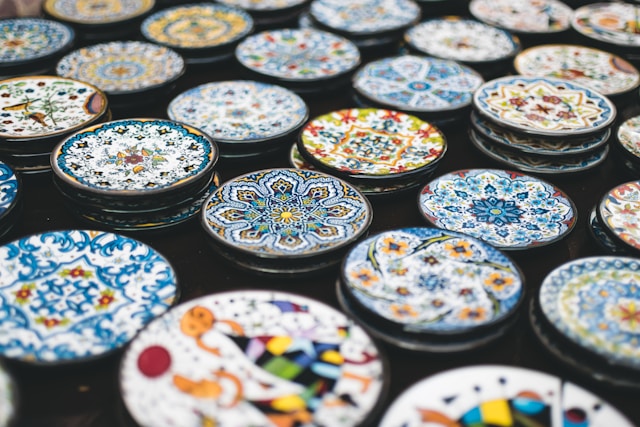
Personalised registration plates have become more than just a way to identify a vehicle. For many, they are an expression of personality, creativity, or even status. The decision to purchase a personalised plate is often driven by psychological factors that go beyond simple preference for a specific letter and number combination. This article will explore the psychology behind choosing personalised plates, uncovering the reasons people invest in this unique form of self-expression, and the deeper motivations that influence their choices.
One of the primary reasons people choose personalised plates is the desire to stand out and be recognized as unique. Vanity plates allow individuals to broadcast aspects of their personality or identity to the world in a way that a standard plate cannot. Psychologically, the need for individuality is rooted in a deep human desire for self-expression. We are all wired to communicate who we are and what makes us distinct, and personalised plates offer a simple yet effective way to do this.
For some, a personalised plate can represent a personal motto or a reference to something meaningful in their life. For example, a person might choose a plate that includes a nickname, initials, or the name of a loved one. In such cases, the vanity plate acts as an extension of the individual, offering a glimpse into their personal world and values. This aligns with the concept of “self-concept,” a psychological theory which states that people are motivated to maintain a positive image of themselves and their unique identity. The more a person can differentiate themselves in a positive light, the more they reinforce their self-concept.
Status and Social Comparison
Personalised plates can also be a status symbol. In a world where material possessions often serve as markers of success, a custom plate is an accessible way to convey status or wealth. For instance, plates featuring exclusive numbers or single letters often carry high prestige, as they are limited and expensive. Companies like Regplates make it easier for individuals to browse and purchase such coveted plates, turning what was once a niche market into an accessible luxury. These plates can become a form of conspicuous consumption, where individuals showcase wealth through visible signs of luxury. In the same way that people choose high-end cars or designer clothes to project their status, personalised plates are another form of “luxury branding,” signalling that their owners belong to a higher social class.
In the same way that people choose high-end cars or designer clothes to project their status, personalised plates are another form of “luxury branding.” Those who can afford rare or premium plates signal that they belong to a higher social class, and these plates often carry a symbolic value that transcends their practical function. In this way, personalised plates allow individuals to engage in social comparison, subtly (or sometimes overtly) competing with others in their social circle or the wider public.
Moreover, the exclusivity associated with certain plate combinations adds to their allure. Limited availability creates scarcity, which, according to psychological theories such as the scarcity principle, enhances the perceived value of the item. Owning a rare plate can therefore be seen as a way to gain social recognition and elevate one’s status.
Humour and Playfulness
For many, humour is a key factor in choosing a personalised plate. Funny or clever plates, such as puns or witty phrases, provide an opportunity for people to showcase their sense of humour and bring joy to those who see their car. Humour is often used as a coping mechanism or as a social tool to make connections with others, and vanity plates offer an ideal medium for this type of expression.
Psychologically, humour is closely linked to creativity and cognitive flexibility. When people craft humorous or playful plates, they are engaging in a creative process that allows them to share a bit of their personality with others. These plates often elicit smiles, honks, or even conversations from other drivers, creating a sense of connection. In this sense, personalised plates serve as a form of non-verbal communication, providing a way for individuals to interact with the world around them in a light-hearted and playful manner.
The Desire for Control and Ownership
Another psychological motivator for purchasing personalised plates is the desire for control and ownership. Custom plates give individuals a sense of agency over something that is typically standardized and assigned by the government. This ability to customize and personalise something as public as a license plate fosters a feeling of ownership that goes beyond simply owning a car.
The decision to purchase a personalised registration plate is more than a simple aesthetic choice. It is deeply rooted in psychological factors that range from the desire for individuality and status to humour and nostalgia. Whether driven by the need for self-expression, the desire to stand out, or a reflection of one’s sense of humour, personalised plates are a testament to the human desire for control, recognition, and connection. Through this lens, it becomes clear that personalised plates are not just an accessory for cars; they are an extension of the individual behind the wheel.

Abdul Qadeer is highly experienced in creating engaging content that adds real value to a blog, website, or brand. He is creating content for multiple niches like technology, SEO, Marketing, Health, Education and Career Development, etc.